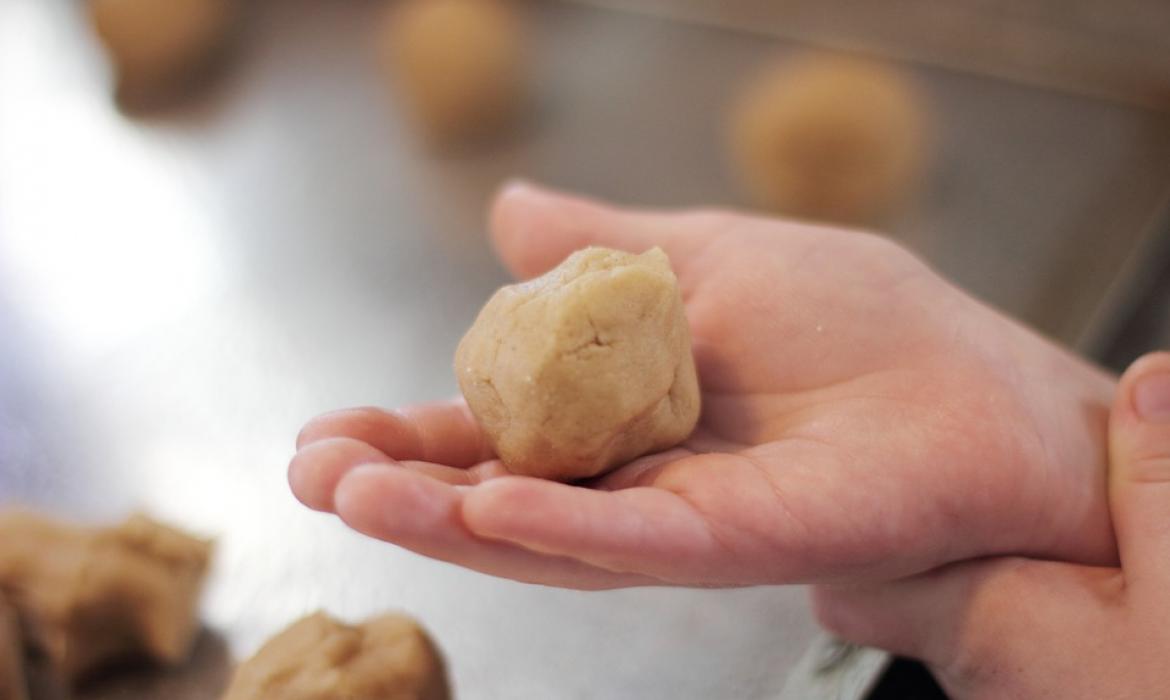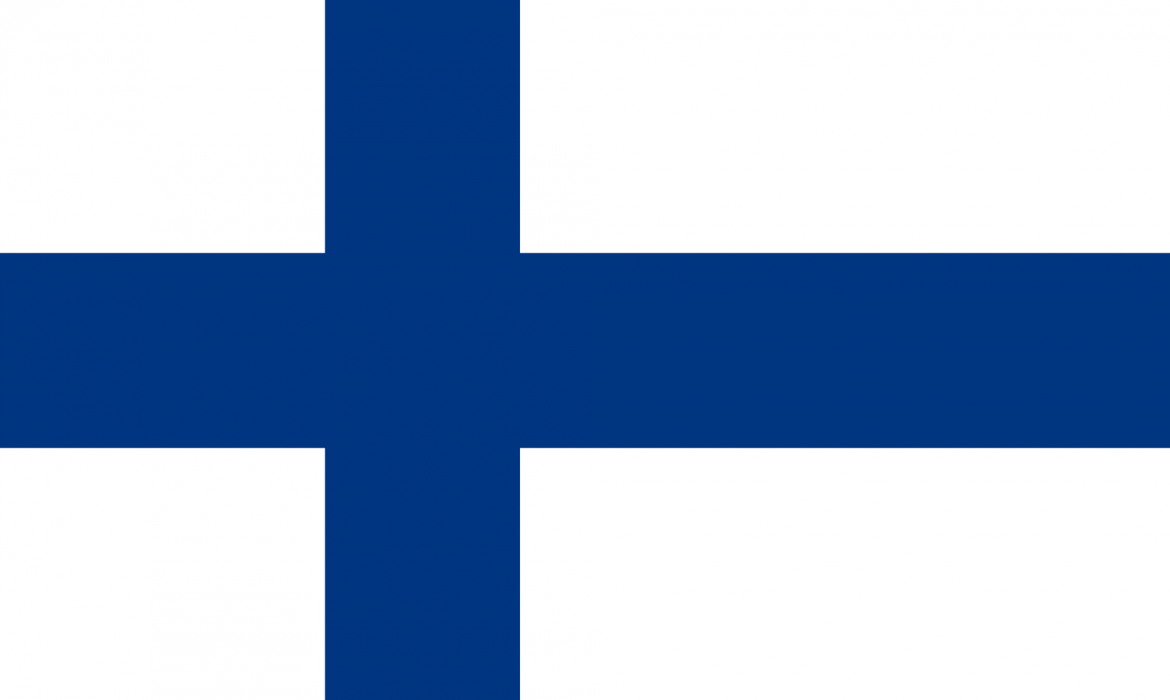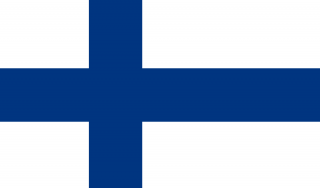Učitelj Eric Bergman nastavlja nam pričati o finskom obrazovnom sustavu iz perspektive oca prvašića Ante, ali i nekoga tko je na svojoj koži iskusio američki obrazovni sustav. Ako ste propustili Ericov prvi blog, možete ga pronaći ga na ovoj poveznici, a u najnovijem blogu saznajte na koji dio kurikuluma finske škole stavljaju naglasak, kako Ante u školi uči kroz igru i kako mu ide učenje finskog jezika.
Ante’s school is an old, five-storied U-shaped building in the center of Helsinki with two classes for grades 1-9. In addition to classrooms and typical things like a gym and auditorium, there is a wood-working shop complete with a basement room full of junk, like old bicycles, to be recycled into new constructions and a home economics room from which you can smell the warm, sweet cardamom aroma of pulla (a bun to be enjoyed with coffee) being baked.
In Finland students start school at the age of 7 and even then their days are usually short with a schedule that varies day to day. Sometimes it only lasts 3 hours. The longer days include two hours of arts and crafts, woodworking, or physical education. On the first day of school the principle told the assembled parents on a loudspeaker in the yard that if you have to schedule a doctor’s appointment during the school day, for example, and have to miss some school, do not schedule it during physical education because it is supposedly a ‘lesser’ subject. It is just as important as math or reading and, moreover, it’s the students’ favorite subject, so it should not be skipped. Skip math instead.

This kind of thinking is at the heart of Finnish education. The goal is that students are not only happy in school, but that they grow to be happy adults as well. From my own experience in the school system in the USA, I often felt that the point of school was to make students see that life isn’t a bed of roses, that you have to wake up early, do homework until late, be tired, stressed and slog through long days of boring classes where information is fed to you like a hunger striker in prison. Not so for Ante. When we visited Croatia recently many people asked him what he does in school. “We just play all day long!” he answered. “We don’t work at all!”
The teachers and principle would, no doubt, be pleased with this answer. It shows that the line between play and learning has blurred to the extent that one cannot be differentiated from the other.
One example of how this works in practice is the game ‘reading bingo’. Ante’s teacher gave each student a piece of paper with a 5x5 grid and in each box a different kind of reading situation is sketched, each of which needs to be done 15 minutes in order to have it signed off by a parent: in pajamas; before breakfast; in bed; at the table; in a comfortable chair; a science book; a fairy tale; for 30 instead of 15 minutes; under a tree (it’s November in Helsinki, there’s 10 cm of snow—could be difficult!); and so on. Reading becomes a challenge and fun: a game. Once the class has collected 30 ‘bingos’ together (lines of 5 in any direction) they can have a ‘fantasy class’ in which they learn about anything they choose.
It will soon be three months since Ante started school in a Finnish class without knowing a word of the language. Now, echoing me, but using his own phrases and words, he often speaks Finnish to his little brothers. He even said a Finnish joke! There is still a long way to go before Ante can express himself freely, but the biggest struggle is behind him, which is getting a foothold on the language so that vocabulary and phrases can start to fall into place. A big part of this has been that he’s too busy having fun and playing to notice that he’s learning one of the most difficult languages in the world.
O autoru:
Eric Bergman je Amerikanac rođen u Finskoj (ili Finac odrastao u Americi). Studirao je i živio u Londonu (BA) i Berlinu (MA), a u međuvremenu je nekoliko godina u Meksiku vodio život glazbenika kao suosnivač polka-punk banda Polka Madre. Trenutačno živi u Helsinkiju sa suprugom Hrvaticom i tri sina. Radi u školi, stječe finsku učiteljsku diplomu na Sveučilištu u Helsinkiju, a u slobodno se vrijeme bavi pisanjem doktorata iz književnosti.



